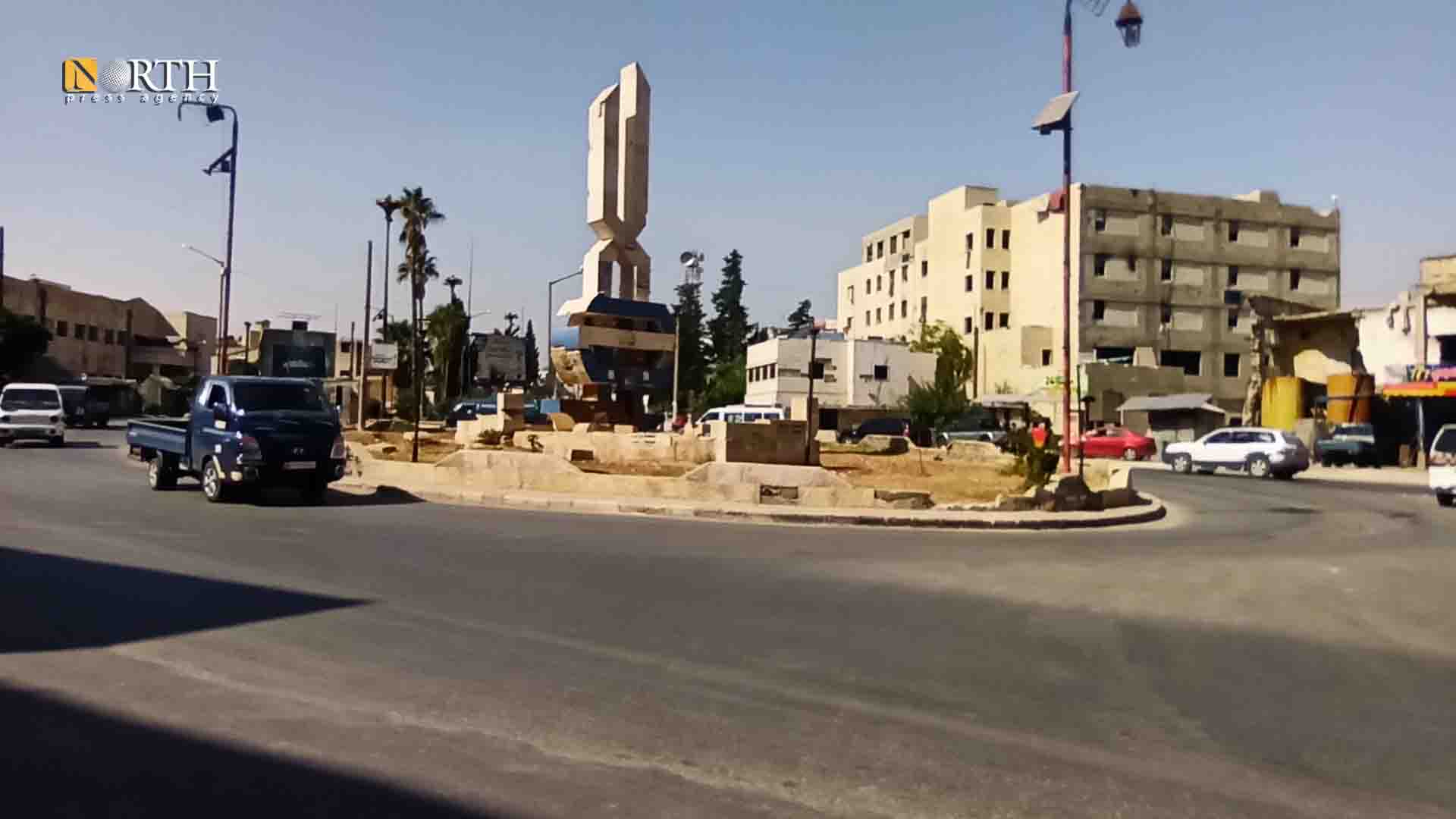IDLIB, Syria (North Press) – Like many other children in Syria’s Idlib, 10-year-old displaced child Amjad al-Akel, was subjected to abuse by the son of the workshop owner he works for. Al-Akel’s hand was broken, forcing him to the hospital for treatment.
Despite the lack of accurate statistics to compare the number of children in Syria before and after the war, according to a 2019 World Health Organization (WHO) report, five out of ten children in Syria are subjected to violence.
Although cases of violence against children occur even in schools, being away from school for work or for family reasons is a leading cause of constant violence against these children.
2.8 million Syrian children do not attend school, according to a report published by the UN Children’s Fund (UNICEF) in March.
No laws
Al-Akel, who works at a car repair shop in Idlib city, was beaten by one of the workshop owners’ sons last month, causing him to fall down a flight of stairs and break his hand.
His mother, who preferred not to be named, said that she did not file a complaint against the young man who beat her son “because of our weakness and our fear of his father’s bullying, due to the lack of laws and accountability.”
The mother is right about accountability, because existing laws do not prevent the employer from employing a 10-year-old child.
She pointed out that it was the death of her husband which pushed her child to give up his education and go to work three months ago to alleviate part of their great suffering.
Domestic violence
The mother of 11-year-old Tariq al-Ahmad, from Hazano town in the northern Idlib countryside, said he was subjected to constant violence and reprimand by his father, which made him keep to himself, refusing to play and talk to his peers.
His 40-year-old mother added that her husband continued to reprimand her child.
“My child’s personality has become weak, afraid of loud voices, and he doesn’t like others and prefers to be alone all day,” she said.
Eight-year-old Mustafa al-Hamsho, a displaced child from Saraqeb who lives with his family in Idlib, refuses to go to school out of fear of his teacher.
Noor Sarmini, from Sarmada, north of Idlib, was only 13 years old when left her father’s house last September because of the constant beatings she was subjected to by her stepmother.
“My stepmother didn’t like me and she treated me differently than her children, and she forced me to leave school to help her with housework,” she said.
Despair and aggression
Lamis Haji Ahmad, a psychologist and a resident of the city of Harem northwest of Idlib, said that violence produces a vulnerable generation, often withdrawn and isolated from others.
Violence against children can lead to abnormal behavior and abnormal activities including aggression.
“Syrian society needs sessions to educate parents and teachers about the dangers of physical and verbal abuse and its significant impact on children’s future behavior, especially in light of the country’s despair in the war,” she added.

